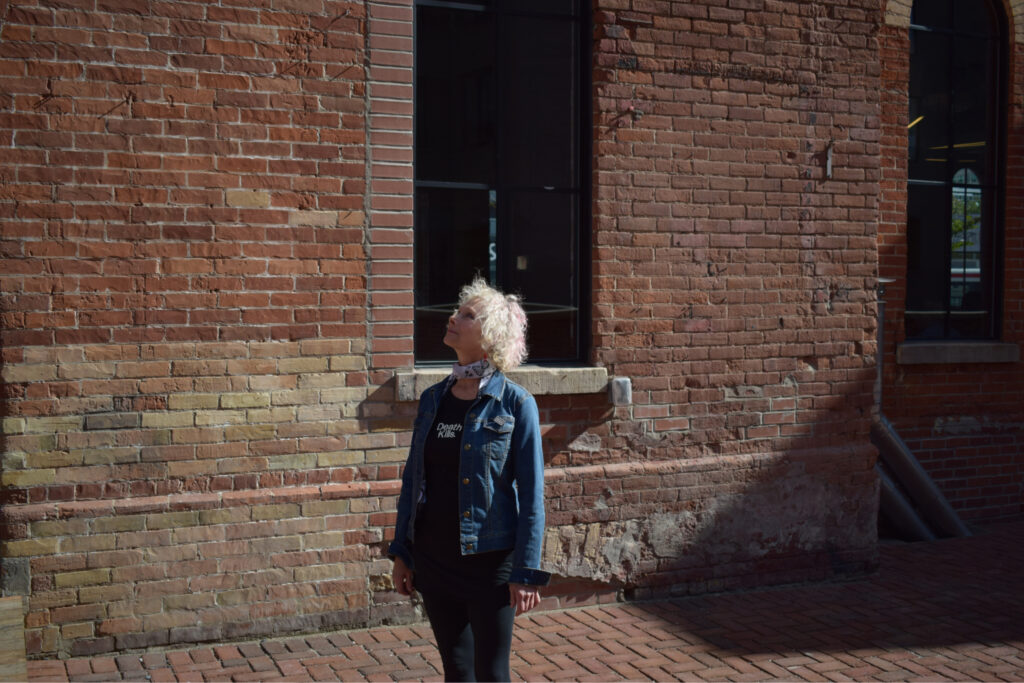Yes, everything needs practice, even thinking!
We all go through cycles of peaks and lows over the years. The lows are where we dig into our deepest thoughts, searching for meaning.
Clarity comes from connecting ideas as they were always meant to be connected. This happens by forming nodes of thought one at a time, rehearsing them repeatedly, and then sequencing them to create weighted synapses, shaping our neural network.
We are often raised in systems that keep our decisions and choices within set boundaries. Schools and academic structures provide rails to guide our trains of thought along predictable paths. But that is not enough for thriving in life. Challenges arise that we were never taught how to handle, forcing us to think beyond our usual habits and mental comfort zones.
When the mind encounters disorder, it descends into chaos. The magnitude of life’s events can shift reality so drastically that there is no foundation left to grasp. Homes burn in fires. Families are lost in plane crashes. Wars erupt. Natural and human-made disasters strike, and most of us are unprepared, yet we face them every day.
We are not designed to be resilient by choice, but we can become aware and ready. We can prepare for the unexpected, like the winter power outages that left thousands without heat in Canada in 2025. We can acknowledge the reality of homelessness in freezing cities, where people suffer without shelter or food, even as we pass by them daily.
The agility and freedom of thought, the ability to shift from inside the box to outside and to construct entirely new frameworks, comes with practice. Learning follows stages. At first, we grasp only the basics, from one to three, but once the goal is clear, we must focus on reaching the final stage, ten, efficiently by filling in the gaps in our understanding. The quality of our thinking is shaped by microdecisions, every word we choose, every intention we set, and our flexibility in adapting as we apply our thoughts and respond to real-life events.
Mastering our minds is a lifelong practice, and the more we train our thinking, the more adaptable and prepared we become.
